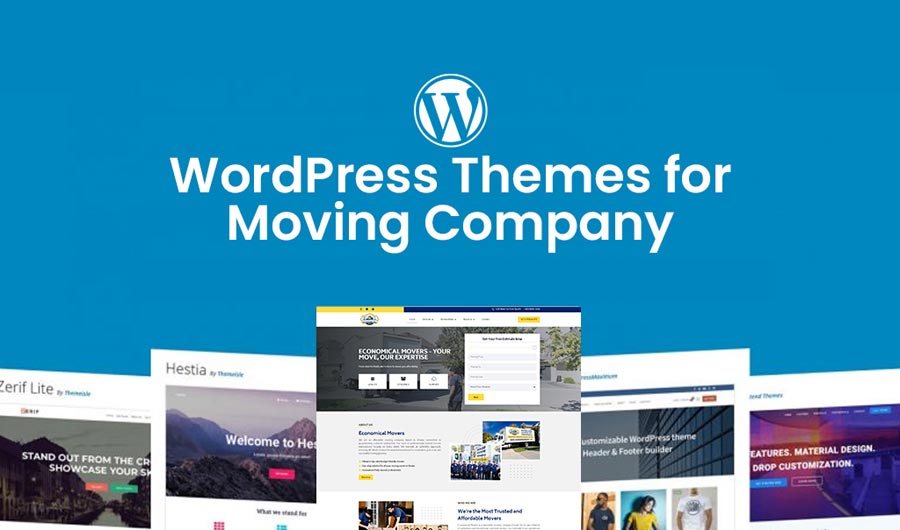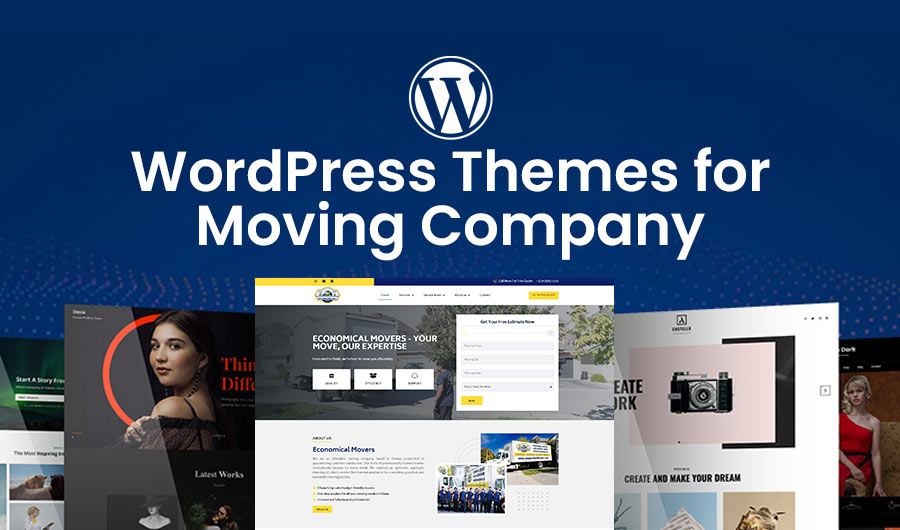
User Interface Elements Must To Know For Designers
User Interface elements are the components that help design applications, programs, and web design. Designers utilize them for creating the interface of any program. Thus the customers use it easily by connecting to press the icon or symbols in the gadgets or devices.
User Interface Elements Categories
User Interface elements make the product easy to use, logical, and cooperative. Message icons present the signal that the touch of it, the user can read the latest message.
The ui elements can be categorized into these categories such as;
- Input Components
- Navigational Components
- Informal Components
- Accordion Components
Input components
As the term mentions, input is the component that enables users to feed the data and receive information about it. In this part, the various components handle the input data, then process, and shift the data for the next step.
These are the User Interface Input components.
- Buttons
- Check Box
- Drop Down Menu(DDL)
- Date Field
- Radio Button
- Text Field Component
- Toggles
Buttons
Buttons are the common operating element that is used in daily life as well as in the programs. They are shown with the title and image. Thus use of it is reliable and effective. It is the designer’s responsibility that he should place the buttons according to the needs of users and new trends.
For Examples – Text Button, Share Button.
Check Box
The check box is the selection box where a user can have freedom of choice among the various categories of anything. Users can choose the item according to their needs.
Drop-Down Menu
A drop-down menu is an index or checklist that allows users to choose one of them according to the needs that are presented in the index list. Drop-down buttons are also associated with the Drop-down menu and open the list of Drop-Down menus.
Date Field
In this field, designers give the authority of the user to feed the date, time, and related information according to his locality.
Radio Button
Radio buttons give wisdom to the user to choose the right preference from the list of choices such as One, Two, or Three
Text Field Component
The Text field component is an input section where the user writes the text. This text can be a code word, and the text space is presented according to the requirements of any app. Enter the code word for opening the program.
Toggles
Toggles are the value that is present for the selection of any criteria among two things. If the user likes to light the theme on the mobile, it opens the toggle icon for him. If he wishes to close, it can be off by selecting it.
Radio Buttons
Radio buttons give wisdom to the user to choose the right preference from the list of choices such as One, two, or three
Navigational Components
Navigational components are essential for the UI design. These components applicable the users to visit the product from one place to another.
These are the navigational tools.
- Breadcrumbs
- Icons
- Image Carousel
- Pagination
- Search Field
- Tags
Breadcrumbs
Breadcrumbs are the components that give a chance to the user to move from one web to another. It executes the task rapidly and quickly so it satisfies the user to navigate from past searches to the latest search results with links and sites.
Icons
These are the components that show images and navigate the user easily. It provides the info when the user touches and clicks on it.
Image Carousel
The Image carousel able the user to search the images and related functions on the devices and websites. It shows various images on a page and a chance to select from one of them.
Pagination
It is the navigation component that moves the reader from one page to another, according to the requirements, such as from the previous page to the next page.
Search Field
The Search field is a search box where the searcher writes the desired word and the long keyword, so the search field moves into search and shows the result. For example; Google Search
Tags
The tags are short, clear, and identifier words that enable the user to select them. Tags can be present like art, craft, and creator.
Informal Components
These components are informal leading to the user being informed about them.
- Message Box
- Model Windows
- Notifications
- Progress Bar
- Tooltip
Message Box
This appears when the user task cannot be completed, so the message box appears with the advice and recommendations.
Model Windows
It is a short window that is shown to satisfy the main window requirements. If the user presses the model window option, then it closes, and the user can work on it easily.
Notifications
Notifications are the notification components present when the user receives a message from an application. These are shown also with the numerical values that remain to see the user.
Progress Bar
It appears when the user is at a progressing level in any situation. It can be different levels, and they are completed one after one for the user. But it is an automatic process and can not be finished by pressing any icon by the user.
Tooltip
These are the tip provider components. When users feel trouble interacting with the application or programs they are present and show as forgetting a password etc.
Accordion Component
An accordion component is very useful for the user when he interacts with websites. It pulls out the content material that fulfills the requirements of user searching from the huge content material.
Designer Responsibility
User Interface elements make the structure of any product pictorial, and imaginative. These appearances are common in Android and digital products. It is the designer’s responsibility that he should have the knowledge and background of the elements for creating a new design for any application. Thus he will design a reliable UI design for the users.
Conclusion
User Interface design is a professional field that needs to be informed on the industry trends and news. The designer should know the information of User Interface Elements but also be aware of their successful usage of them. Creativity and productivity are the art of the designers with the help of these elements. Thus components placed in the right direction can lead a designer to market success.






